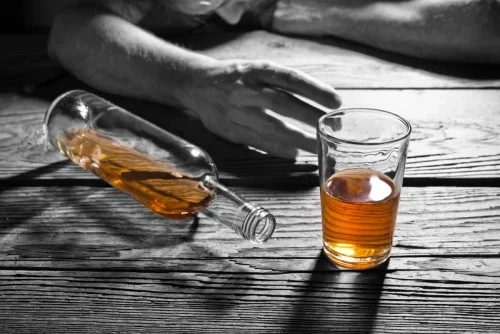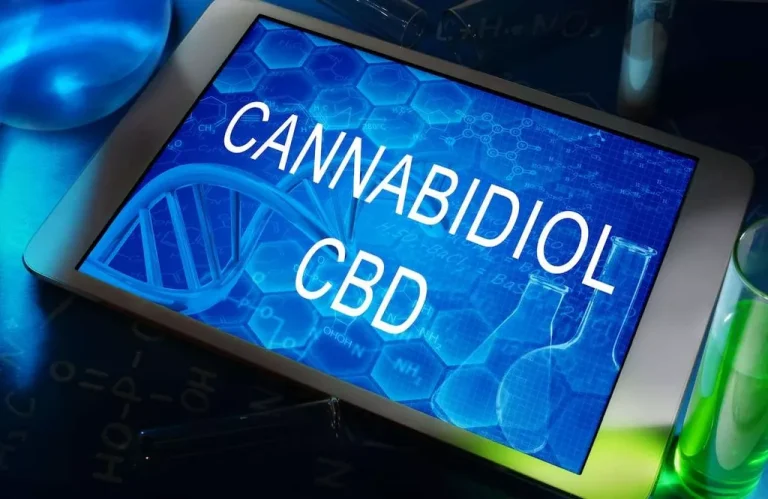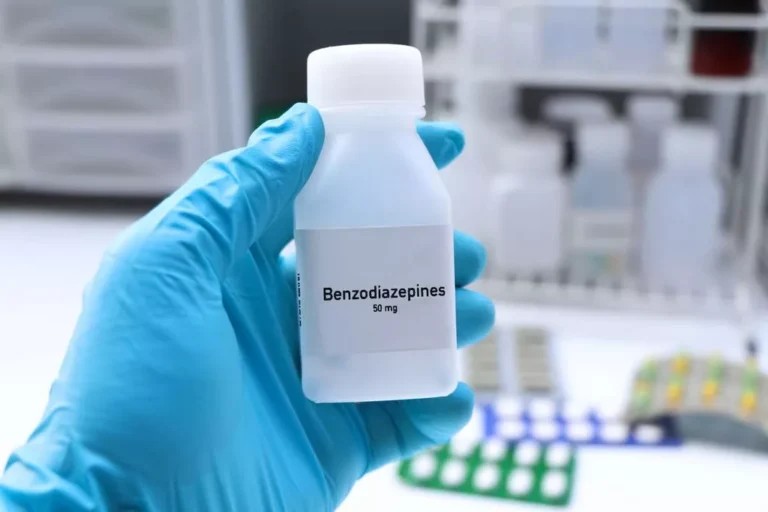
Gradually decreasing alcohol intake through supervised tapering can make quitting safer and ease withdrawal severity. However, it is important to be aware of the risks of attempting a taper on your own. Sometimes, people think that they don’t need medical help if their symptoms are mild. Unfortunately, alcohol withdrawal symptoms can worsen quickly, and they can include agitation and hallucinations that make it more difficult to seek help. For this reason, it is best to seek medical advice on whether you should taper at home or under medical observation. The main downside of cold turkey is how unpleasant and risky it can be.

How To Make an Alcohol Tapering Schedule
Each of these challenges requires a unique approach and often the support of professionals, loved ones and support groups. Understanding and preparing for these difficulties can greatly enhance the chances of successful recovery. Take the first step toward addiction treatment by contacting us today. Keep a list of emergency phone numbers on hand that includes contact info for your doctor, the police, a nearby hospital, and someone you trust. And consider joining a support group such as Alcoholics Anonymous. By Buddy TBuddy T is a writer and founding member of the Online Al-Anon Outreach Committee with decades of experience writing about alcoholism.
Health Categories to Explore
- Tapering is meant to reduce the withdrawal symptoms from quitting alcohol, but this isn’t a guarantee.
- Call or text a friend and have your goals handy to remind yourself why you’ve dropped drinking.
- Just like a broken bone or infection needs time to heal, so does an overworked liver.
- Because he is a member of a support group that stresses the importance of anonymity at the public level, he does not use his photograph or his real name on this website.
- This is because when you drink heavily for months or years, your body can start to depend on alcohol to function normally.
- In addition, social pressures can make it hard to quit drinking, especially if your friends or family also drink heavily.
Another trick for cutting down alcohol consumption is to use drink spacers—nonalcoholic beverages between drinks containing alcohol. No matter how much you drink, it’s always a good idea to drink plenty of water along with your alcoholic beverages. Some people will alternate a drink of water, juice, or soda between their alcoholic beverages to slow down their consumption. If you are tapering off of alcohol, the time it takes depends entirely on how long the taper is and how well you adhere to it. One of the reasons that medical professionals tend to avoid tapers is that they can be difficult to follow and may be more likely to be unsuccessful than faster options.

Articles Related to Alcoholism
Metaphorically speaking, do you like to dip your toe in first, or cannonball right in? As long as safety precautions are taken, there’s how to taper off alcohol at home no wrong way to begin a sobriety or moderation journey. This journey is often non-linear, and your goals can change over time.
That is why alcohol detox and alcohol withdrawal treatment is administered by medical professionals. Before beginning a tapering schedule, speak with your doctor about the risks of detoxing at home. Tapering off https://ecosoberhouse.com/article/drug-use-in-sports-risks-you-have-to-know/ alcohol may complicate other medical conditions or co-occurring mental health disorders. If you’ve decided to taper off alcohol, you’ll need to be prepared with some strategies to make the process easier.
- Dehydration can affect your body’s ability to function, and can even damage your kidneys.
- However, you may experience withdrawal symptoms or relapse if you’re not tapering correctly and safely.
- Start by talking to any doctors, nurses, or therapists you may already be seeing.
- They include naltrexone, which helps ward off cravings and reduce the pleasurable effects of drinking.
- You don’t have to let the fear of alcohol withdrawal stop you from cutting back or quitting.
- Talk with a healthcare professional if you’re concerned you may experience detox symptoms when quitting drinking or cutting back.
- In turn, you can suffer from increasingly severe withdrawal symptoms every time you try to stop drinking.
- Because drinking is sometimes a response to boredom, Koob recommends joining a group that interests you.
- Still, they may need to consider cutting back for other physical, mental, and social health reasons.
- Additionally, mixed drinks may contain sugar or other additives that could exacerbate withdrawal symptoms and should be avoided during the taper.
- Stopping drinking can help improve both the length and the quality of your sleep, which is crucial to good mental and physical health.
This is why it is important to stop regular, heavy drinking only under the supervision of medical staff. They can provide medications and additional support to make quitting alcohol safer, and more comfortable. Typically, quitting cold turkey from a 12-beer-a-day habit is going to be more stressful than tapering off slowly. In addition, home detox may not be effective, appropriate, or safe. Cutting down your alcohol intake may not be as easy as it sounds. People who want to reduce their alcohol consumption often do not realize how much of their social and daily routines alcohol has become.
- “Nutrition therapy is very important in terms of feeding the liver and giving it the building blocks it needs to restore itself,” says Dr. Lindenmeyer.
- Alcohol withdrawal symptoms range in severity depending on how extensive the misuse behavior was.

Quitting Drinking Timeline: What Happens When You Stop Drinking Alcohol?

